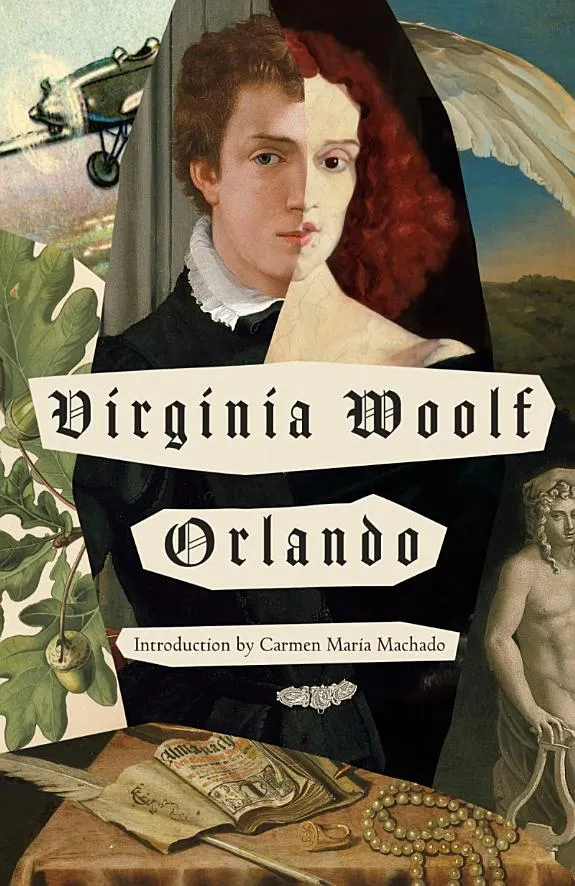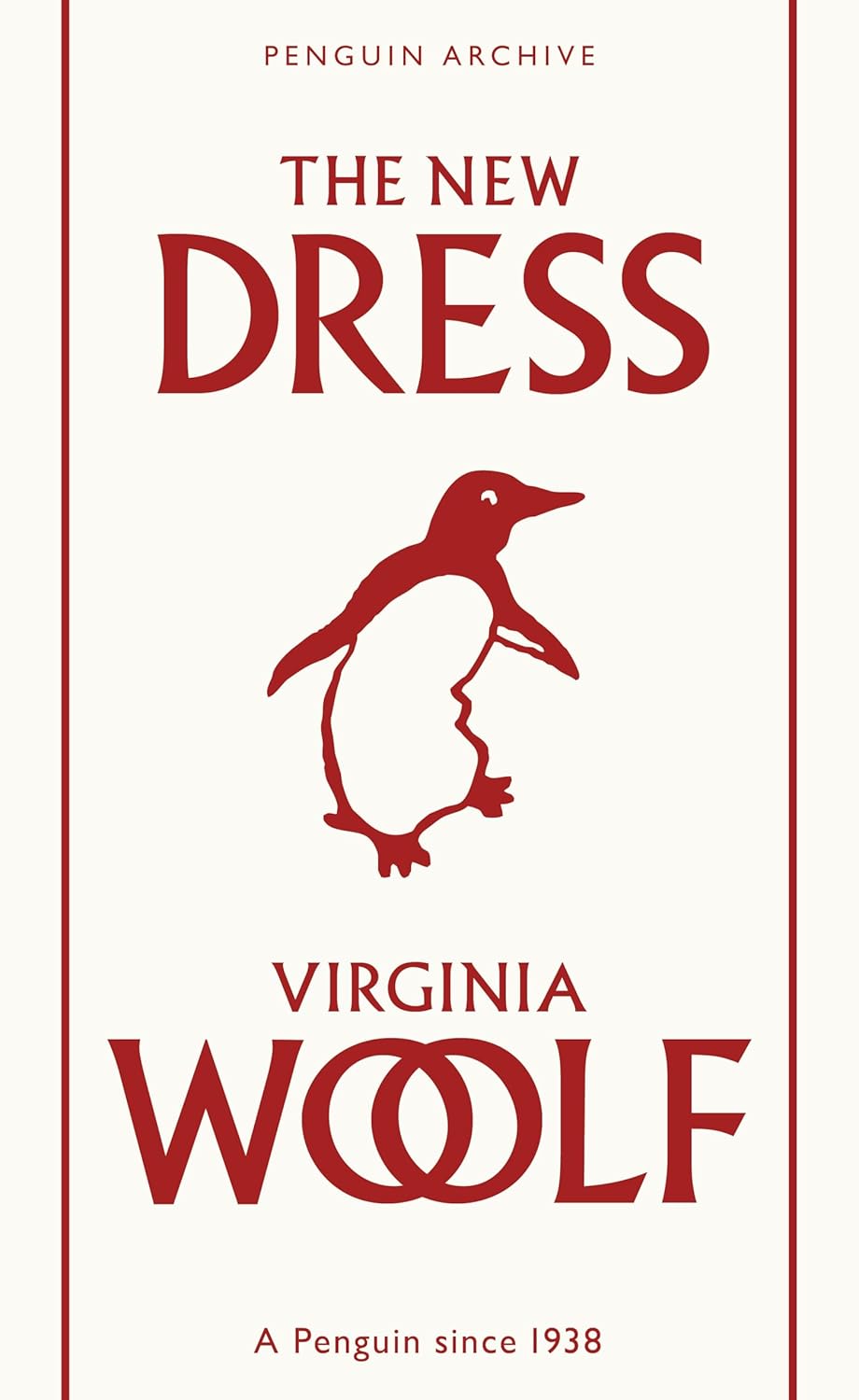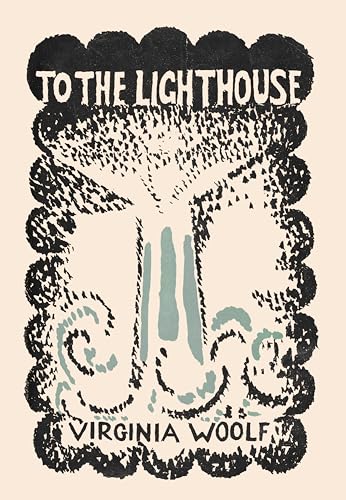Virginia Woolf's fantastical novel about an Elizabethan nobleman who lives for three centuries and transitions into a woman, with a new introduction by Carmen Maria Machado. The long-lived protagonist of Orlando begins as a passionate teenage aristocrat, whose days are spent in rowdy revelry at the colorful Tudor court of Queen Elizabeth and his nights in writing earnest poetry. A favorite of the elderly queen, he falls in love with and is jilted by a wayward Russian princess. Two kings later, now in his thirties, Orlando is sent to serve as ambassador to Constantinople, where he awakens one day to find himself in the body of a woman. The Lady Orlando takes this circumstance in stride. She returns to England, engages in love affairs with both men and women, consorts with the famous poets of each age, finds happiness with a gender-nonconforming husband, and at last achieves publication of her own epic poem in the year 1928. A playful and exuberant romp through history, Orlando is Woolf’s most lighthearted and unusual novel. VINTAGE CLASSICS.
Virginia Woolf
Virginia Woolf was a prominent English writer and modernist literary figure. Known for her stream-of-consciousness writing style, she challenged traditional narrative structures and explored themes of gender, class, and mental health in her works. Some of her most notable works include "Mrs. Dalloway," "To the Lighthouse," and "Orlando." Woolf's contributions to literature include her innovative approach to character development and narrative technique, as well as her exploration of the inner lives of her characters. Her most famous work, "Mrs. Dalloway," is considered a masterpiece of modernist literature and a reflection of Woolf's unique literary voice. Woolf's impact on the literary genre is undeniable, as she paved the way for future generations of writers to experiment with form and style in their own works.








